Confused Dogs Misbehave
As a professional dog trainer, one of the most common issues I encounter is dogs that start off well-behaved but begin to misbehave as time goes on. A key cause? Inconsistency in training and daily routines. Dogs thrive on predictability, and when they’re unsure about what's expected, they often act out. Understanding how inconsistency affects your dog’s behavior is essential to creating a well-behaved companion.
Why Consistency is Crucial
Dogs learn by association, which means they connect specific actions with rewards or consequences. When routines, rules, or commands change unpredictably, it confuses them. For example, if one day your dog is allowed on the couch and the next day they’re scolded for it, they don't understand the difference. Similarly, if you give them conflicting commands or change their walk schedule, it creates uncertainty, leading to anxiety and misbehavior.
How Inconsistency Leads to Behavioral Problems
Inconsistency doesn’t just confuse dogs; it also creates stress, which often leads to problem behaviors. Some common issues that arise from inconsistency include:
Destructive Chewing: Dogs may chew furniture, shoes, or anything they can find if they’re unsure of what’s acceptable.
Excessive Barking or Whining: A lack of routine or unpredictability can cause anxiety, leading to vocalization.
Jumping or Hyperactivity: If excitement isn’t managed consistently, dogs may jump on people or become overly excited.
Separation Anxiety: Inconsistent departure or arrival routines can create anxiety when you're not around.
How to Establish Consistency
To prevent confusion and improve your dog’s behavior, try these steps:
Stick to a Routine: Try to feed, walk, and train your dog at the same times each day. Routine helps them feel secure and know what to expect.
Be Consistent with Commands: Use the same commands for the same behaviors. If you use “sit” one day and “down” the next for the same action, your dog gets confused.
Set Clear Boundaries: Whether it's the furniture or the kitchen, make sure everyone in the household agrees on the rules and enforces them consistently.
Reward Desired Behavior: Positive reinforcement should be consistent. Reward calm behavior or good manners every time to reinforce what you want.
Final Thoughts
Inconsistent rules and routines can create confusion, stress, and unwanted behaviors in your dog. By providing clear, consistent expectations, you help your dog feel secure, confident, and well-behaved. Consistency is the key to building trust and creating a balanced, happy dog.
If you're struggling with inconsistency or behavioral issues, I can help! DM me today for guidance on creating a consistent training plan that works for you and your dog.
